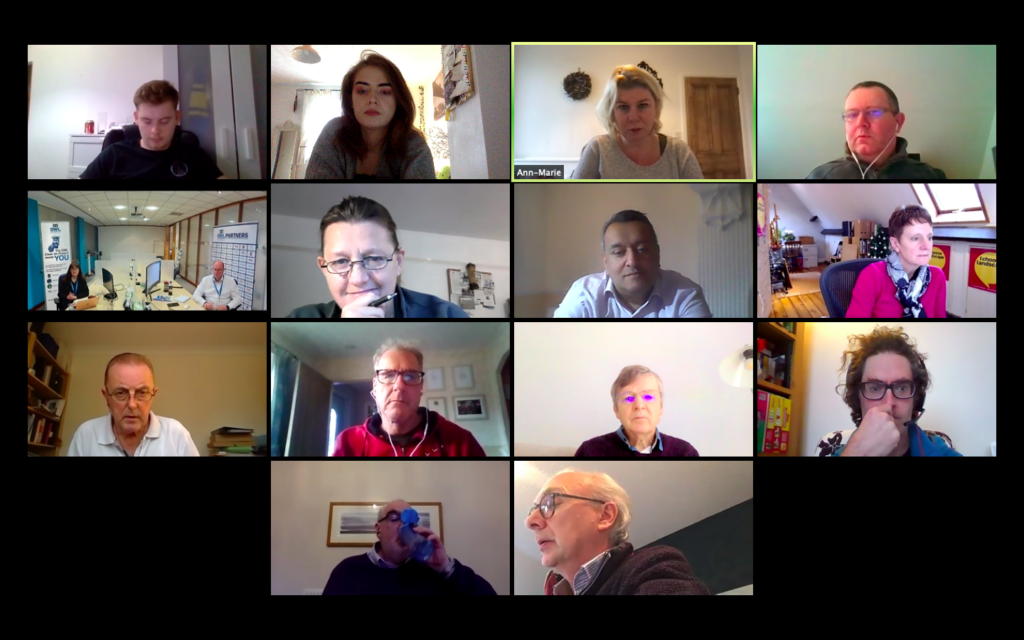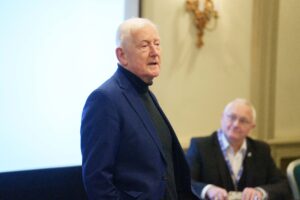Issues ranging from the green infrastructure, joining forces with crucial planning organisations, and the highly anticipated white paper were discussed with a range of academics and industry figures.
After being introduced by founding member and CMS SupaTrak Managing Director, Jason Airey, and Chair of WCRAQ, Barry Sheerman MP, Dr Louise Brooke-Smith presented the issues planning contends within the face of air quality. Brooke-Smith outlined the need to use planning and land use practice to improve on legislation surrounding air quality.
Dan Cook CEO Landscape Institute underlined the importance of adequately implementing landscape and green infrastructure, while acknowledging that this is not the absolute solution to air pollution.
‘The absence of having statutory requirements for nature is a clear gap in terms of what is visibly best practice across the world. We should be looking at green infrastructure in wider terms than just planting a certain number of trees. It is crucial not to simplify the natural landscape around us, rather consider the right mix of vegetation for a local area’s ecosystem and for the function it can play. We are starting to see some cities & nations move in this direction,’ Cook explained.
Emphasising the significance of clean green space, Jane Findlay from Fira Landscape Architecture and Urban Design considered how this could address securing adequate air quality in new developments in the planning process.
‘Air pollution is a part of the wider climate change issue. Clean green space has the potential to resolve a multitude of issues beyond poor air quality. These areas are often an afterthought in the planning process and are only implemented as a means to tick boxes. Green infrastructure strategies across towns and cities need to be retrofitted and taken seriously from now on in new developments,’ Findlay concluded.
Attendees ranged from Aecoms, Assetworks, Fira Landscape Architecture and Urban Design, the Landscape Institute, the London Fire Brigade, and the West Midlands RTPI Regional Activities Committee.




